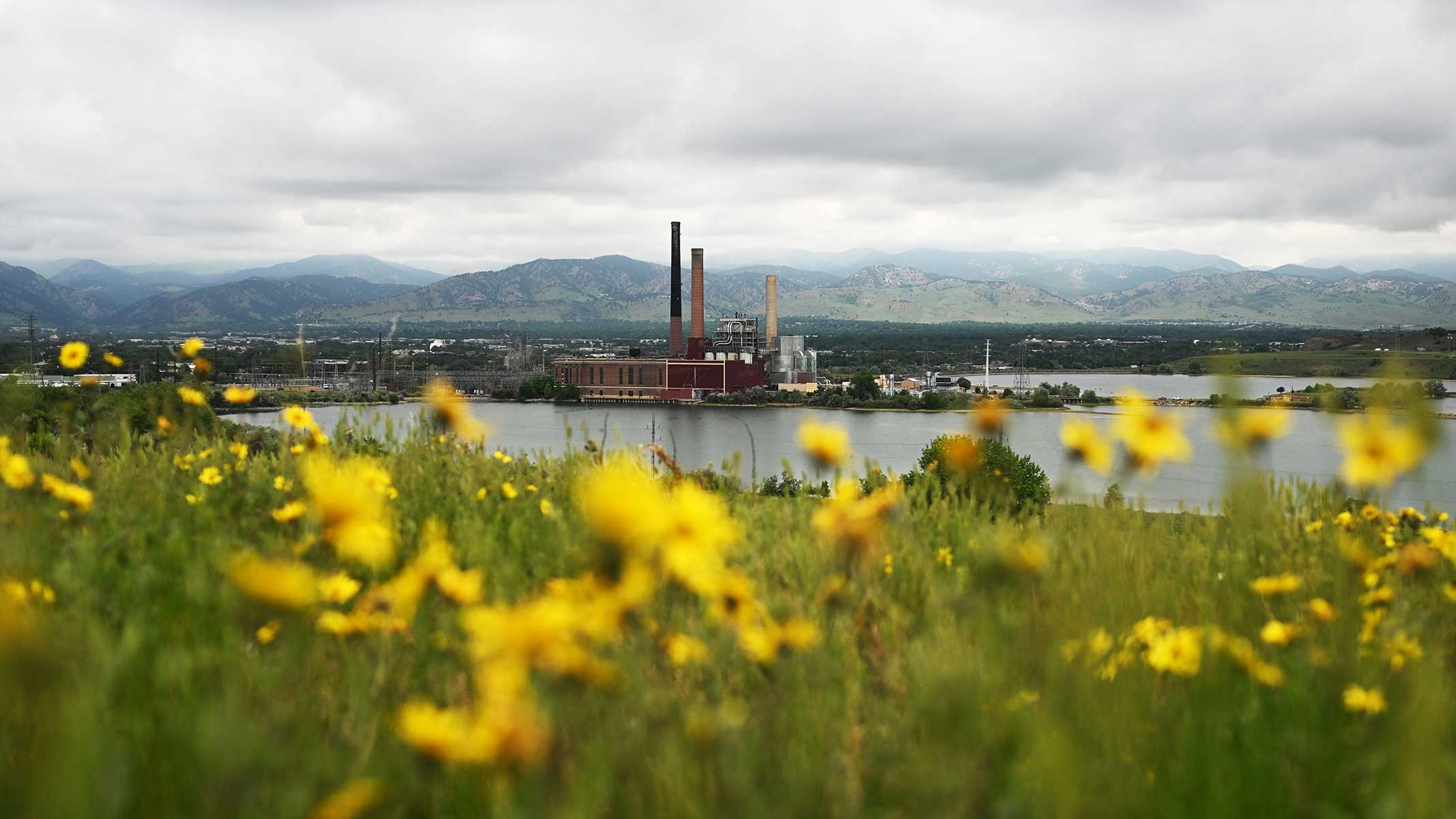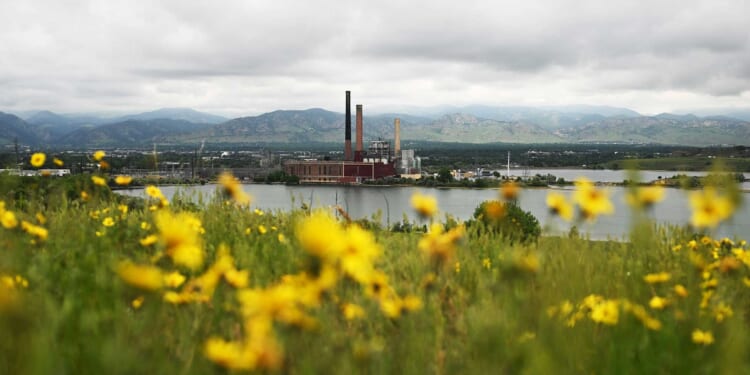
Earlier this year, the Colorado Supreme Court allowed Boulder County to pursue a cockamamie climate-change lawsuit against several energy companies, alleging various state tort-law claims. The allegation is that, by producing greenhouse gases that cause climate change, the defendants are harming the county and its residents.
It’s no exaggeration to say that this lawsuit threatens to upend our legal order and cripple our economy. The U.S. Supreme Court has an obligation to step in and stop it.
The fundamental problem with the lawsuit is that the state-law claims are “preempted” (trumped) by federal environmental regulations that already police the energy companies’ behavior. That is, the Constitution’s Supremacy Clause says that federal laws supersede conflicting state laws. This clause ensures a uniform legal framework across the country.
To be sure, federal statutes must fall within the enumerated powers granted by the Constitution. That is the genius of America’s design: most matters remain with the states, while the federal government addresses truly interstate concerns. Modern Washington has too often neglected this balance, inserting itself into every corner of daily life. Yet regulation of the national energy network—and of national, even global, greenhouse gas emissions—lies squarely within Congress’s authority, not the states’ (much less local governments’).
The Supreme Court now faces a pivotal decision. Boulder’s lawsuit doesn’t just seek damages—it represents an attempt by one state and its localities to export their regulatory preferences nationwide.
Colorado’s courts have let Boulder press forward by characterizing the case as being about the defendants’ alleged misrepresentation of the dangers of their activities. But make no mistake: the heart of the complaint relates to the gases emitted as a consequence of the production of oil and other fossil fuels. These activities are heavily regulated under federal law and are inherently interstate in character.
By trying to punish firms for activities undertaken across state and even national borders, Colorado is overreaching. Regardless of any uncertainties in our federal structures, states may not project their laws extraterritorially, tax or regulate beyond their own borders , or punish conduct that was lawful where it occurred and blessed by Congress.
As a practical matter, large states sometimes exert outsize influence because their internal policies can indirectly shape nationwide standards. For example, if a state imposes restrictions on a product within its own borders, manufacturers may change nationwide production processes instead of creating different products for different states.
But even that kind of indirect standard-setting has constitutional limits. States may not leverage their restrictions to prevent other states from taking a more permissive approach. Colorado, through its courts, is trying to do just that, using the threat of liability to cut off other states’ ability to make their own energy and climate choices.
If this lawsuit is allowed to proceed, any city or county could rewrite national energy policy by suing companies for emissions occurring elsewhere, even when those emissions comply with federal law. That isn’t federalism; it’s balkanization, inviting interstate discord reminiscent of the Articles of Confederation.
Our constitutional system reserves to local governments authority over matters such as property, education, and taxation, while ensuring national coherence on inherently interstate issues like air travel, highways, telecommunications, and energy. Colorado’s attempt to sidestep this structure threatens the very legal and economic stability the Constitution was designed to secure.
Should the county prevail, the consequences will be severe. Energy firms would face legal uncertainty across hundreds, even thousands, of jurisdictions, chilling investment in the reliable resources Americans rely on. Workers, consumers, and families would pay the price through fewer job opportunities and higher costs for fuel, heating, and electricity.
Perhaps worse, if the lawsuit succeeds, we’ll see a proliferation of contradictory rules, where juries in one courtroom can, for all practical purposes, dictate energy policy to the entire nation. That is precisely the kind of result the Framers sought to avoid.
The Supreme Court has a chance to affirm the basic principle that each state is sovereign within its own borders but not beyond them. Congress—not Boulder County and not the Colorado Supreme Court—has the authority to regulate interstate commerce. By reining in this wave of climate lawfare, the Court can prevent local litigation from being used to regulate lawful out-of-state conduct and reaffirm the Constitution’s balanced structure.
Photo by RJ Sangosti/The Denver Post
City Journal is a publication of the Manhattan Institute for Policy Research (MI), a leading free-market think tank. Are you interested in supporting the magazine? As a 501(c)(3) nonprofit, donations in support of MI and City Journal are fully tax-deductible as provided by law (EIN #13-2912529).















